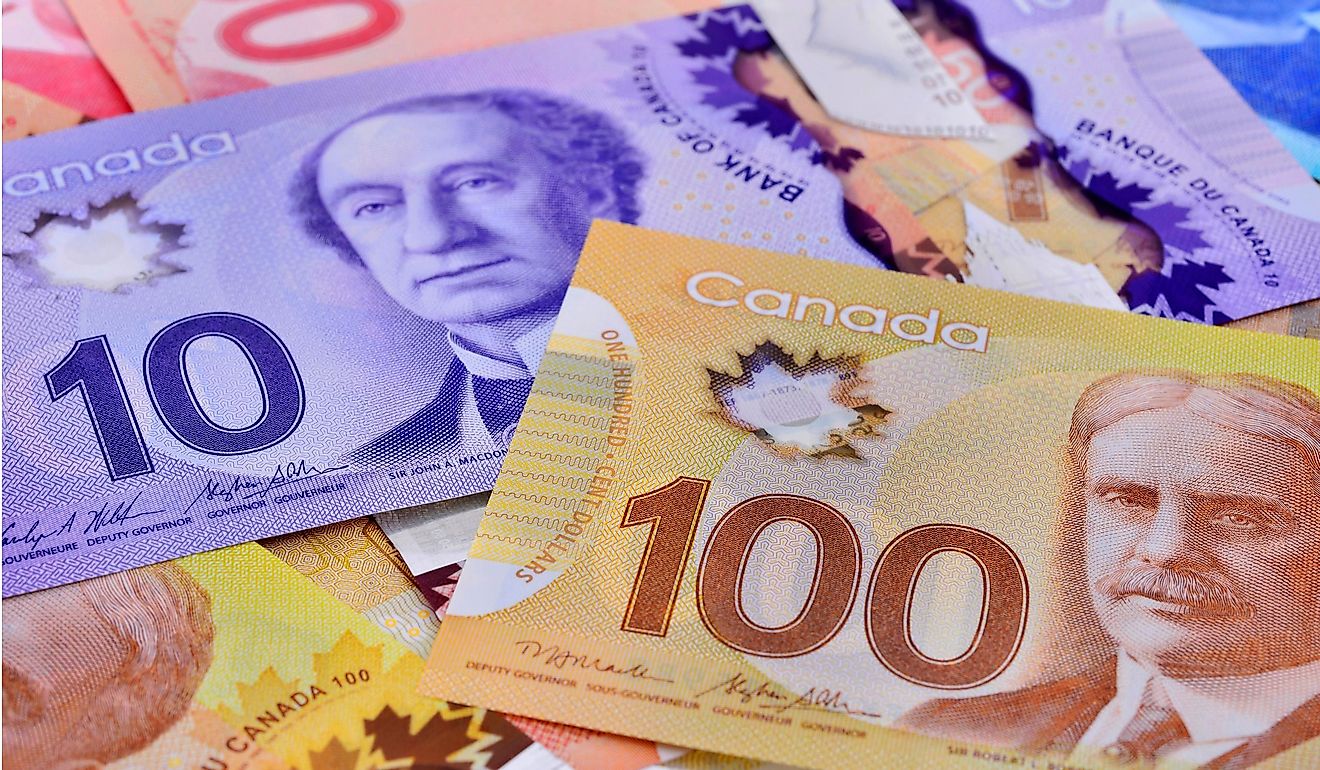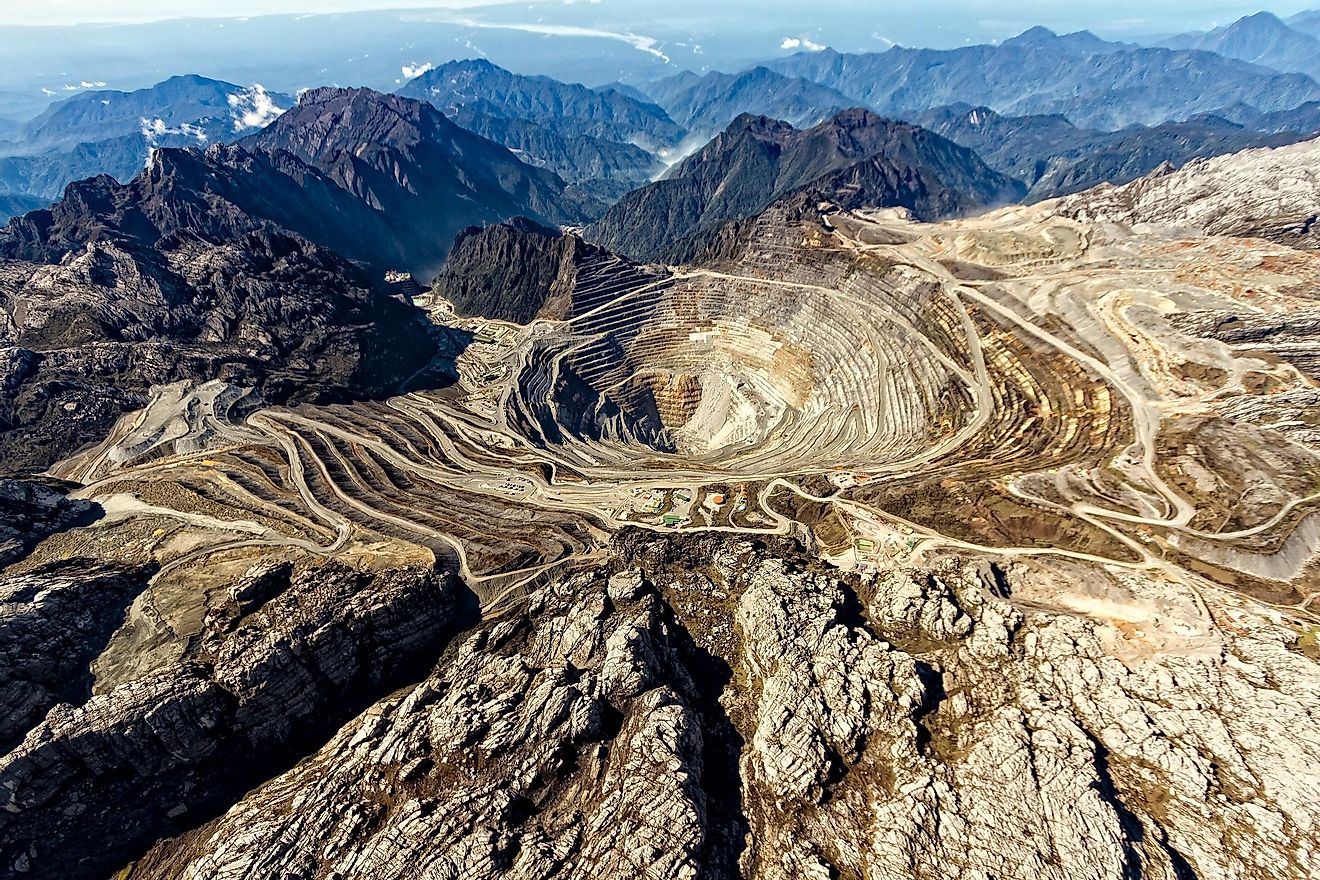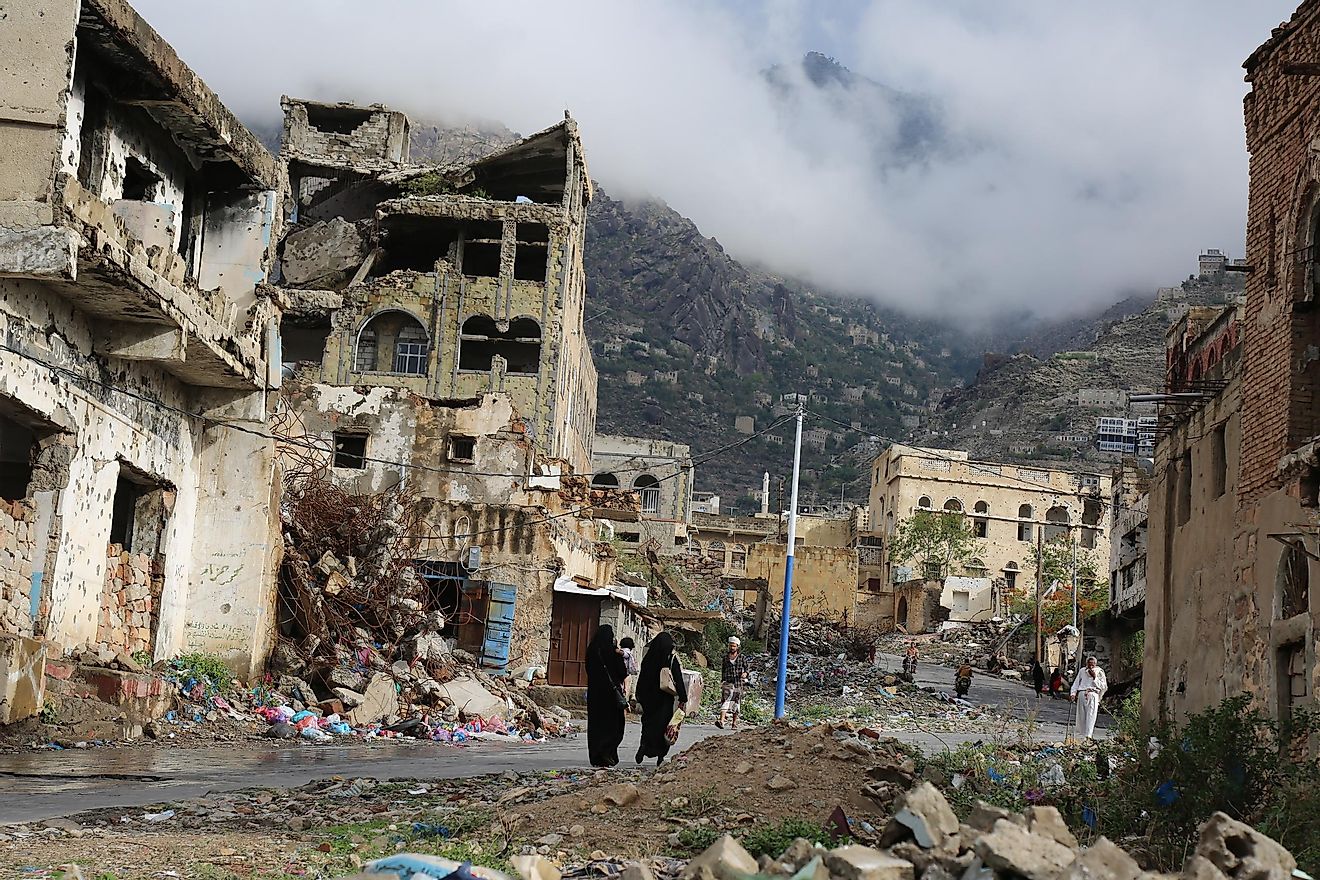Countries Where Foreign Debt Is Most Likely To Be Concessional

Foreign debt is the total external debt that a country owes to foreign entities. These foreign entities can include other countries, international organizations, or even wealthy individuals. A lot of the debt that a country owes can be termed as concessional. The World Bank describes concessional debt as "loans with an original grant element of 25 percent or more." This gives rise to a special group of countries which have a very high amount of foreign debt as concessional debt. The factors contributing to the high proportion of concessional debt will be discussed below.
Countries with Rampant Corruption
External debt is often accrued in the form of development projects which are undertaken but expected to be paid later. Government officials in the receiving country make a huge deal citing development, progress, and economic growth to garner votes and the following governments bear the burden of the ill-advised foreign investments. Tonga is one example which has foreign debt that is equivalent to almost 48% of its GDP. Two thirds of this debt is owed to the Export-Import Bank of China, an issue which almost threatened the incoming government in 2015. The illusion of development hits these countries hard as the partner country sends its own engineers and professionals for projects. Despite providing concession on the monetary funds, the host country is still charged an exorbitant amount of money which is expected to be paid back in the future.
IMF Bailouts
On the other hand, lending by international organizations like the International Monetary Fund (IMF) can help countries in severe financial crisis by bailing them out. The IMF criteria for extending financial aid is in order of the severity of crisis and vulnerability. IMF’s bailouts often impose several sanctions on a country's financial policy which the IMF policymakers believe caused the crisis in the first place. Several countries ended up on the list due to a major share of their concessional debt falling into this category. None of the countries on the list are major trade players in the world market. Mali, Haiti, Samoa, Nepal, and Niger are some examples of countries whose concessional debt is owed to mainly IMF but several international agencies as well.
Geopolitics and Socioeconomics
The geopolitical landscape and socioeconomic conditions of a country play a major role in determining whether the country deserves concessional debt or not. If the company is marred by corruption, concessional debt due to corrupt policies and development projects funded by other countries or corporations take mainstream attention.
Newly Formed Nation States
Another major factor for concessional debt is the emergence of nations who have recently gained independence or have seceded from their governing bodies after a sustained period of political turmoil and sometimes civil unrest. An interesting example is Eritrea which gained independence in 1994. The concessional debt at the time of independence was 100% because of the newly formed country. The world supported and accepted the nation and the concessional debt has since been reduced to 85% of the total debt. The country slowly inches towards stability both politically and economically.
Conclusion
Concessional debt can be a blessing or a curse for a country depending on the circumstance it is presented. A wise leader from a developing country can use concessional debts to develop their nation in a very short amount of time. However, countries with prevalent corruption and dishonest policymakers will continue to suffer to the seemingly friendly extensions of foreign debts until the bodies that lent the money ask for repayments.
Countries Where Foreign Debt Is Most Likely To Be Concessional
| Rank | Country | % of External Debt that is Concessional |
|---|---|---|
| 1 | Tonga | 95.0% |
| 2 | Samoa | 92.7% |
| 3 | Haiti | 90.7% |
| 4 | Burkina Faso | 88.2% |
| 5 | Mali | 88.0% |
| 6 | Nepal | 87.6% |
| 7 | Eritrea | 87.5% |
| 8 | Niger | 87.5% |
| 9 | Yemen | 86.8% |
| 10 | Benin | 84.1% |







